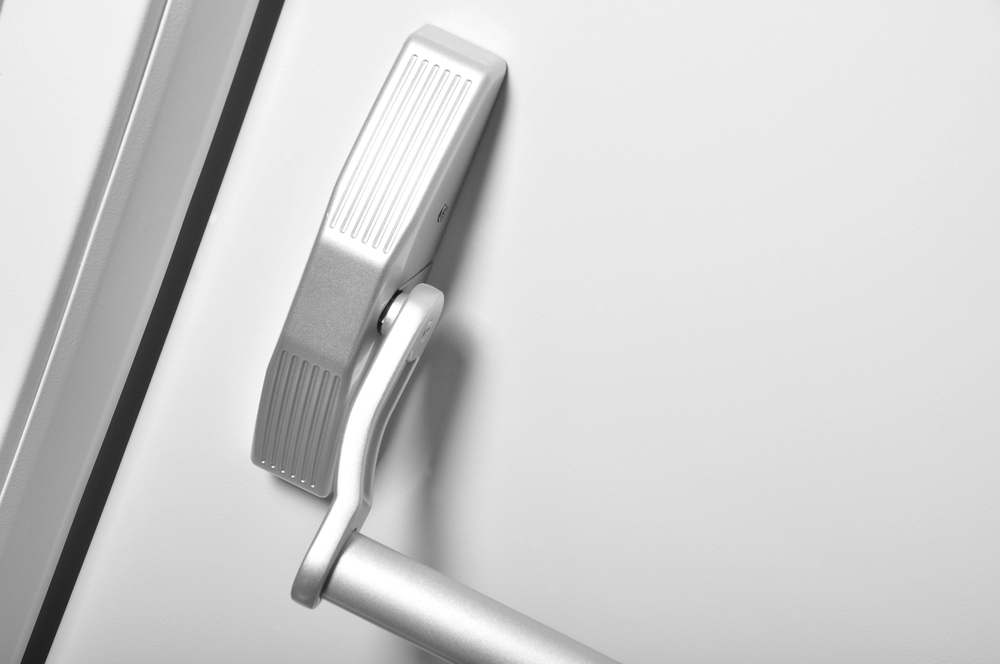Online transactions are becoming very popular. They have made it easier to do business without physically being in the same place. There is a high risk of your personal information being hacked with this technological advancement. Every day you leave yourself vulnerable through the websites you visit and the applications you download on your mobile devices.
If your information gets stolen, it could put you at risk for identity theft. It is a serious crime that requires your immediate attention. You need to know what steps to take immediately because it can be challenging to undo the damage.
It’s crucial that when you’re doing online transactions, you take the necessary precautions for ultimate privacy protection. Here are the most important ones explained.
Use Encrypted Connections
When you’re on a site using an unsecured connection, your information can be intercepted and seen by unauthorized people. Current technology allows for browsers to show if a website’s connection is secure or not. It would look as though the URL of the webpage starts with “HTTPS” instead of “HTTP.” If it’s not, do not enter any personal information.
Be Aware of Phishing Scams
Phishing scams are fake emails or websites created to steal your personal information. Sometimes, they may even pose as a company you trust and ask for updated information. Be very cautious about any emails that request sensitive information, and always check the sender’s legitimacy.
Avoid Sending Personal Information Through Unencrypted Emails
You can always send an encrypted message using services like Hushmail. Unencrypted emails are not safe; they reveal the contents of your messages to anyone who is actively monitoring your network traffic. Third parties may intercept your email messages along the way, and the sender will never know that this has happened.
Don’t Share Personal Information on Social Media
Social media has become a simple way to share information with friends and family. However, it would be best to be careful about your personal information type. When posting anything on social media, it is no longer private, and anyone can access it. You should avoid posting your full name, address, phone number, and email address.
Avoid Using Unsecured Wi-Fi Networks
If you’re using a public Wi-Fi network, there is a high risk that your personal information can be hacked. Unsecured networks are straightforward to hack and can give hackers access to your passwords, emails, and sensitive documents. Always use a VPN when connecting to a public Wi-Fi network.
Use Anti-Virus Software
The rapid growth in information technology has caused an increase in the number of people who are developing smartphones and computer viruses. Hackers are doing everything possible to break through your software security, so you must install antivirus software to protect your network from being hacked. Without this, your device can be easily infected with a virus, and your personal information can be stolen.
Create Unbeatable Passwords
A secure password is the first line of defense against hackers. You should never use the same password for more than one account and make sure that your passwords are eight characters long, with a combination of letters, numbers, and symbols. It would be ideal never to share your password with anyone.
Do not download the form online if you ever come across any personal information that needs to stay confidential, such as your Social Security number, medical records, or tax returns. You should go directly to the government website and fill in the form yourself for privacy protection.
Use the Two-Factor Authentication Method
It is the best way to ensure that only you have access to your account; you should enable two-factor authentication on every website where you have an account. It provides an added layer of security because there is another step to complete before gaining access to the account after entering your password. It could be a code sent to your email or phone number.
Do Not Sign Up for Offers Promising Secure Wallets
Several websites claim to provide secure storage options. While some might be legitimate, others are scams. You should only ever use well-known websites you trust with your information and never input any personal details into a not authorized or reputable website. Delete any emails or websites that claim to offer secure storage.
By following these simple tips, you can protect your privacy and keep your personal information safe while making online transactions. Remember to be vigilant and always use common sense when browsing the internet. Cybersecurity is a serious issue, and it is important to take the necessary precautions to stay safe. Stay informed and be safe!
Find a Home-Based Business to Start-Up >>> Hundreds of Business Listings.

















































Get in touch with Summitrecoup . com to help you recover all your scammed funds. I got in touch with them when i was scammed by CryptoFx to be precise, having deposited over $427,560 but still couldn’t withdraw any funds. They kept on telling me to deposit more to reach a certain amount but still couldn’t withdraw then it dawned on me that these people were playing games with my money.
Within a week of contact, Summitrecoup . com did the impossible, they recovered everything and also my ROI for the agreed duration of investment.
Dont hesitate to contact them if you need any help. They’re the Best out there.